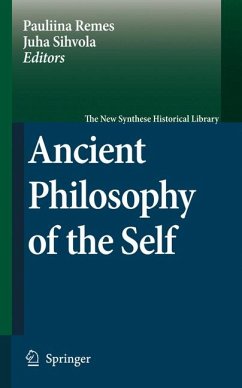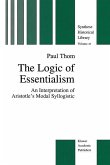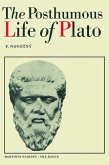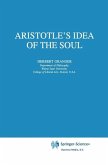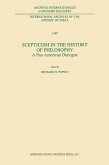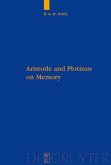Pauliina Remes and Juha Sihvola In the course of history, philosophers have given an impressive variety of answers to the question, "What is self?" Some of them have even argued that there is no such thing at all. This volume explores the various ways in which selfhood was approached and conceptualised in antiquity. How did the ancients understand what it is that I am, fundamentally, as an acting and affected subject, interpreting the world around me, being distinct from others like and unlike me? The authors hi- light the attempts in ancient philosophical sources to grasp the evasive character of the specifically human presence in the world. They also describe how the ancient philosophers understood human agents as capable of causing changes and being affected in and by the world. Attention will be paid to the various ways in which the ancients conceived of human beings as subjects of reasoning and action, as well as responsible individuals in the moral sphere and in their relations to other people. The themes of persistence, identity, self-examination and self-improvement recur in many of these essays. The articles of the collection combine systematic and historical approaches to ancient sources that range from Socrates to Plotinus and Augustine.
Dieser Download kann aus rechtlichen Gründen nur mit Rechnungsadresse in A, B, BG, CY, CZ, D, DK, EW, E, FIN, F, GR, HR, H, IRL, I, LT, L, LR, M, NL, PL, P, R, S, SLO, SK ausgeliefert werden.

